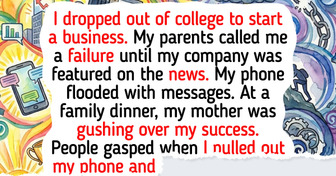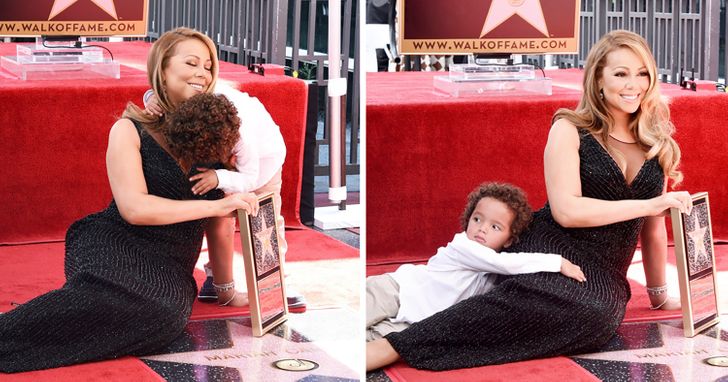Mommy's warm hug and everything becomes better :)
8 Ways to Tame Your Kid’s Meltdowns Like a Rockstar
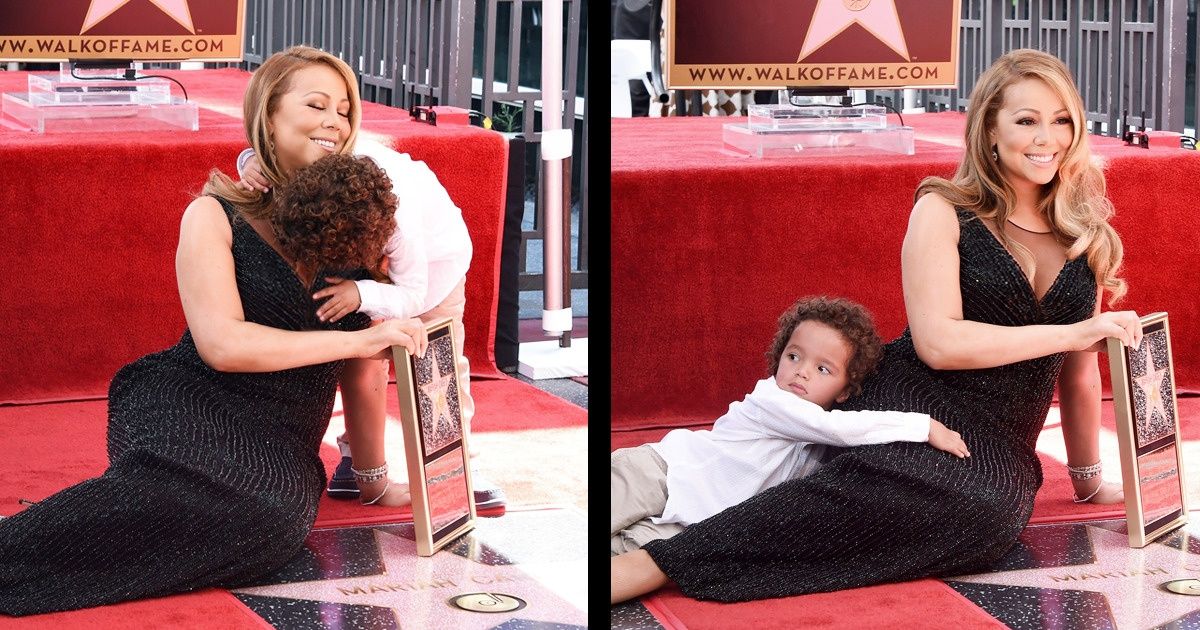
If you think that coping with your kid’s tantrums is one of the worst parts of parenting, you are not alone. Every parent has to face their kid’s meltdowns once in a while. Tantrums may be loud, irritating, and even frightening, but it’s just a natural process that every child goes through while growing up. It’s important to know how to calm your kid down without hurting their feelings, and experts are ready to share their tips.
Here at Bright Side we’ve picked a few of the most effective techniques that will help you cope with your kid’s emotional breakdowns, and here’s what you need to know.
1. Let your child be upset and acknowledge their feelings.
Emotional breakdowns are normal for both kids and adults, and we all need time and personal space to cope with our feelings. Don’t try to calm down your kid. If they are in a safe place, just give them this time and space. If your child is running during tantrums, let them run, just make sure that their surroundings are safe and no one gets hurt.
2. Don’t blame your kid.
Kid’s meltdowns, especially those that happen in public, are often frowned upon by the people around us. People disapprove of noise, loud laughter, running, screaming, and any other “extremes.” Remember that kids are not as good at taming their emotions as adults, and don’t blame them for their natural need to offload their feelings.
Some parents blame their kids for their emotional breakdowns, because they take it personally. Even if your kid screams at you and says words that hurt your feelings, remember that their actions are not directed at you, they’re just simply showing their frustration.
3. Help your child move past their frustration.
If your kid’s meltdown is caused by their failure to put on their shoes, just help them to master this skill. If you help them, the tantrum will likely not happen again for the same reason, and your child will have the precious feeling of accomplishment instead. If you cannot satisfy your kid’s urge at the moment, instead of saying, “You can’t do it!” or “This isn’t allowed!” offer a milder alternative like, “Let’s do it together next time, and I will help you.”
4. Hug them really tight.
5. Choose the right words to say.
Experts say that the louder your child cries, the softer you should speak, but it’s also about what you actually say. Don’t discuss the tantrum with the child when they are worked up, this will not be effective. Instead calmly, but firmly, say that they will not get what they want by screaming and kicking, and you will talk to them later when they’re calm.
Discuss the meltdown afterward, using simple language and acknowledging your kid’s frustration. Some good phrases that experts suggest using are:
- “You were very angry because your food wasn’t the way you wanted it.”
- “I’m sorry I didn’t understand you. Now that you’re not screaming, I can find out what you want.”
6. Make it comfortable and calm.
Try to redirect your kid’s attention to something that calms them down. This may be their favorite book, a snack they love, or a toy they adore. These mind distractors will get your child engaged, and chances are they will soon forget about their meltdown and its reason. “Children have pretty short attention spans—which means they’re usually easy to divert,” experts explain.
7. Offer your child some food or a nap.
Just remember how awful you feel when you are hungry or when you miss out on your sleep. Well, kids feel exactly the same. Psychologists suggest that whenever your kid has a tantrum, you should try offering them a snack or giving them some rest, be it a nap or watching a cartoon. It may happen that your child is just sleepy or hungry, and you won’t need to exert any more effort to calm them down.
8. Keep your own temper under control.
A crying child can distress any parent, but you won’t be able to comfort your kid if you are just screaming at each other. Take a deep breath and calmly, but firmly, try to explain to your child that throwing tantrums is not the best way to get what they want. Set a good example for your kids and they will learn how to cope with their negative emotions just by watching how you do it.
Which of these strategies sounds the most effective to you? How do you cope with your kid’s meltdowns? Feel free to share your thoughts and tips in the comments!
Comments
I think it's always important not to blame your kid but simply talk and explain, what's good and what is bad. At the end, blaming will only make a little person lose their self esteem and constantly feel axious and guilty.
Very imformative article :)
I agree with every point. Raising a child is the hardest work
Related Reads
I Refused to Give Up My Baby, So My Mom Exposed a Terrible Secret
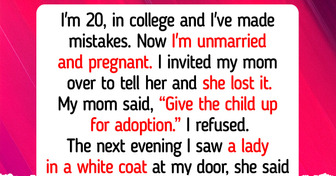
A Stranger Humiliated My Daughter at Disney World—He Picked the Wrong Mom to Mess With

18 Seniors Whose Sharp Wit Proves Humor Only Gets Better With Age

16 Stories That Prove Kindness Still Wins in Our Broken World
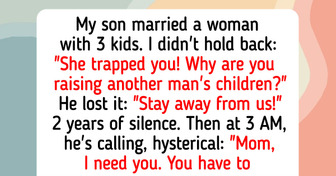
16 Moments That Remind Us to Stay Kind Even If the World Turns Ice Cold
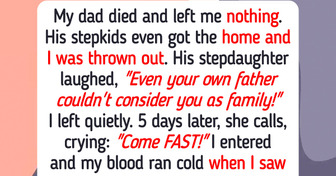
My Daughter Thought She Was Above Me, I Let Reality Prove Her Wrong
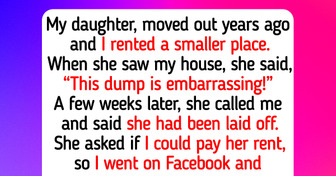
20 Stories That Remind Us to Stay Kind Even When Life Stops Playing Fair
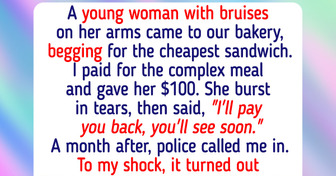
14 Times Reality Proved to Be a Better Screenwriter Than Hollywood Could Ever Be
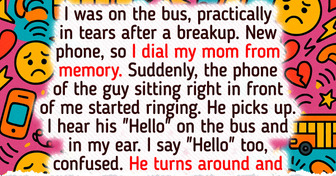
10 Moments an Inheritance Ripped the Heart Out of Ordinary Families Forever
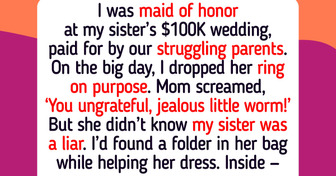
12 Moments That Show Romance Is Really About Small Acts of Kindness

I Refused to Let My MIL Own My Family Budget, Now My Marriage Is on Thin Ice

I Refuse to Let My Parents Use My Success Story After They Called Me a Failure
